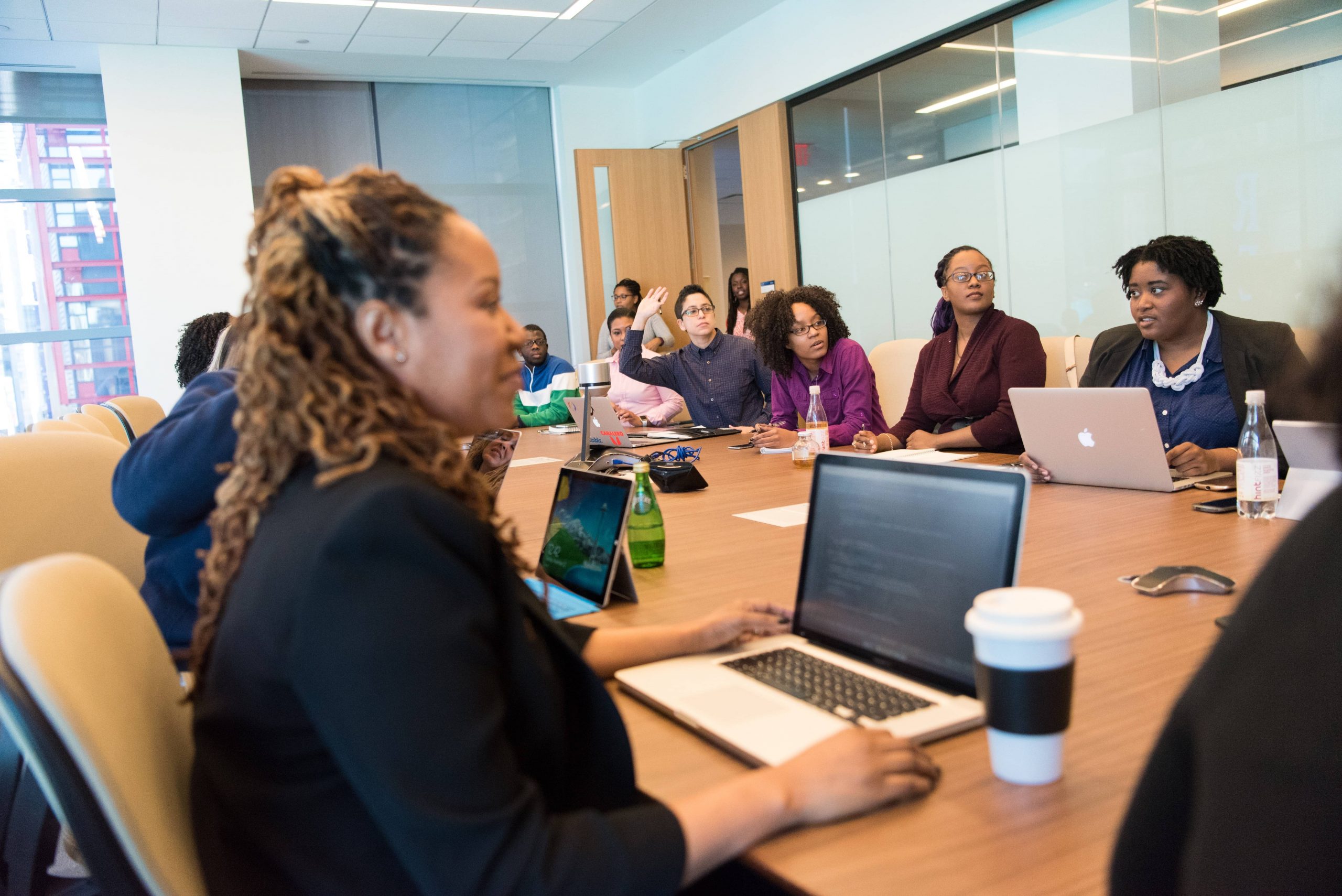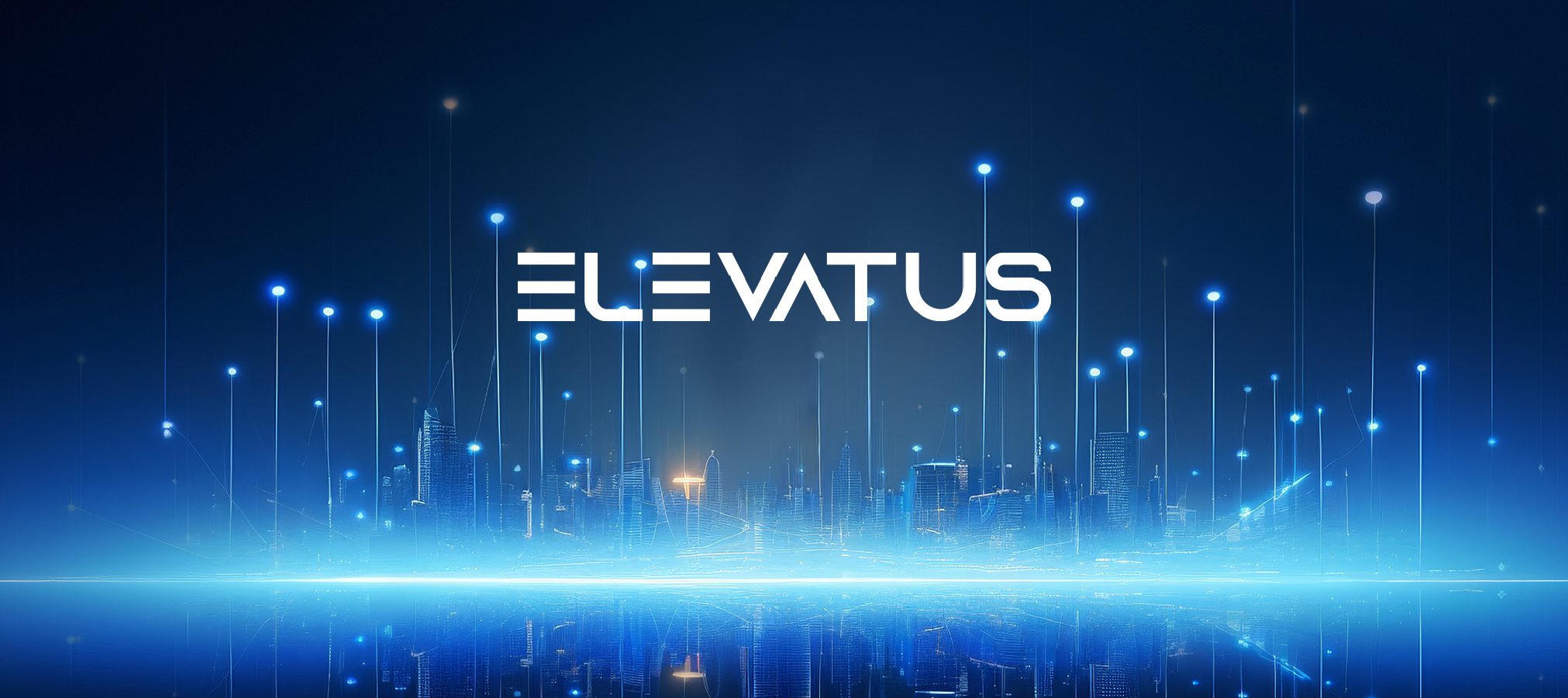
Hiring Strategies
Unbiased Hiring in Your Organization in 2023 and Beyond
April 17, 2023



Tima Rassool
Content Writer
Do you ever feel like you’re stuck in a corporate version of the movie Groundhog Day? Where do you find yourself hiring the same people over and over again? Let’s face it, hiring clones of ourselves might make us feel like we’re running a cult. It’s also not the best way to build a workforce! We need diversity in our workforce because different perspectives and experiences bring more creativity, innovation, and ultimately, success to the table.
Now we all know that unbiased hiring is the magic ingredient that makes the hiring process fair and square. Think about it this way: when you’re hiring based on merit and qualifications, you’ll be creating a more equitable workforce. With a wide range of backgrounds, experiences, and ideas, your team will be a force to be reckoned with! Plus, you’ll be able to boast about your DE&I and company culture – therefore making you stand out from all your competitors.
So, are you ready to embrace unbiased hiring? We’ve got your back! Here are some fruitful strategies that you can implement starting today.
The Benefits of Unbiased Hiring for Organizations


Unbiased recruitment is like adding a little touch of magic to your existing hiring process. You’ll foster a more diverse team, nurture happier employees, and spread positivity in the workplace. By prioritizing skills and qualifications over biased factors like the candidate’s hair colour or zodiac sign, you can attract top talent and avoid any legal risks. So, without further ado, let’s sprinkle some magic and start building your dream team today!
Top Strategies to Follow for Unbiased Hiring
Here are some of our favourite strategies that will ultimately help you foster unbiased hiring to nurture a more diverse workforce.
Review and Revise Job Descriptions and Requirements
One of the easiest tricks in the books to eliminate bias in the hiring process is to fine-tune job descriptions and requirements. You need to make sure that the language used is gender-neutral, fair, and bias-free. Meaning, they shouldn’t be tailored for a specific gender or demographic.. This way, you can effortlessly attract a wider range of diverse candidates and prevent certain candidates from feeling excluded or left out.
Blind Screening of Resumes and Applications
According to a study conducted by Gitnux, white-sounding names receive 50% more call-backs for interviews than Black sounding names, despite having identical resumes! This makes one thing very clear: racial bias is still somewhat ingrained in the recruitment process, leading to unequal opportunities for candidates that may be actually qualified for the role. As a result, it’s time for companies to take action and adopt unbiased hiring practices to create a more equal playing field.
One useful strategy is to conduct blind screenings of resumes, removing any identifying information such as name and address from the initial screening process. How will this help? This approach will eliminate unconscious biases that may pop up when a recruiter read’s a candidate’s name, age, ethnicity, educational background, or work history.
Structured Interviews
Looking for a fair and square hiring process? Structure, structure, and structure!
By structuring your interviews with predetermined questions and asynchronous interviews, you can exponentially reduce bias during the interview process. Simply because all candidates are asked the same questions and are evaluated on the same criteria, which can lead to more informed and fairer hiring decisions.
Diverse Interview Panels


While having a diverse interview panel may not be too common, they can also help to eliminate bias in the hiring process. When you bring on board experts from diverse backgrounds, this allows for a vast range of perspectives, ideas and experiences to be taken into account when evaluating diverse candidates. In fact, it ensures that all voices are heard, eliminates groupthink, and eliminates unbiased hiring from permeating into the hiring process.
Training and Development Programs
You can’t foster diversity and inclusion if your teams are oblivious to what it really means.
Therefore, a great place to start is by offering training and development programs to your recruiting teams to help to raise awareness of unconscious biases, what they are, and the tools and strategies they can use to mitigate them. This will enable you to effortlessly create a culture of inclusion and diversity throughout your company, and boost your DE&I efforts.
Regular Review and Assessment of Recruitment Processes
As we all know, processes are always evolving and changing with time. This means its essentially important to regularly review and assess your hiring process to ensure that it’s free of biases or stereotypes. A great rule of thumb is to regularly analyze hiring data to pinpoint any patterns of bias or conduct surveys to gather feedback from candidates and teammates to gauge their experiences with the hiring process.
Apart from these strategies, technology can also play a fundamental role in promoting impartial hiring practices. Through advanced automation and AI-powered recruiting tools, we can significantly reduce bias in the hiring process and create a more positive experience for candidates and recruiters alike.
Now that we went over the several strategies you can implement to promote unbiased hiring, technology solutions can also play a huge role in improving the fairness and objectivity of the recruitment process.
Technology Solutions for Unbiased Hiring


Given that, as human beings, we are wired to be biased at times – technology can play a crucial role in minimizing bias and making the hiring process more objective, neutral and even-handed. In fact, here are some technology solutions that can help organizations achieve unbiased hiring from day one:
AI and Machine Learning Tools
In today’s digital age, AI and Machine Learning Tools are like Thelma and Louise. Hand in hand, they can make everything possible: including the aspect of creating a hiring process that is inclusive for all sorts and types of candidates. Not only can they help automate the recruitment process and eliminate human bias in the initial screening of resumes – but they also are able to rank candidates objectively in order of qualification. These tools can incredibly analyze resumes and candidate information based on objective factors such as qualifications, experience, and skills.
However, it is important to note that AI and ML tools are only as unbiased as the data that you feed them with and train them on. Keep in mind that if the data sets used to train these algorithms are biased, the tools can amplify the same biases that you are looking to overcome. Therefore, it is essential to ensure that the data sets used for training are diverse, fair, and inclusive.
Recruitment Management Systems
The heart of every HR department is to treat all candidates equally and fairly. After all, there’s a reason why we have “human” in “human resources”.
Luckily, recruitment management systems (RMS) can help streamline the recruitment process to ensure nothing slips through the cracks like unwanted biases. These systems can track candidate progress through the hiring process, send automated emails to candidates, and standardize the hiring process, from start to finish. Ensuring that all candidates go through the same evaluation criteria and are evaluated based on their skills and qualifications, rather than any demographics, race, ethnicity, or gender.
Pre-Employment Assessment Tools
Hiring top talent is one thing, assessing them is another thing altogether.
Pre-employment assessment tools are loved and used by recruiters from all across the globe to fairly and securely evaluate the candidates’ skills and abilities through objective assessments. Often, these assessments can be sent through one-way video assessments that candidates can take at a time and place that suit them best. Or, these tools can include cognitive ability tests, job simulations, and personality assessments, and more.
Digital Interviewing Platforms
Digital interviewing platforms also help reduce bias in the interviewing process by standardizing the interview questions that are used to evaluate and assess top talent. These platforms include recorded or live video interviews, where top talent are asked the same set of interview questions, and their responses are evaluated based on pre-defined criteria set by recruiters.
Essentially speaking, these tools pave the way for an unbiased recruitment process since they disregard the candidates’ physical appearance, accent, or other personal characteristics when evaluating candidates for open vacancies.
Final words


Imagine a workplace where bias is just a blast from the past, and every employee feels seen, heard, and appreciated. That’s the kind of environment that fosters an awesome culture all thanks to unbiased hiring. So, how do we make this a reality? It’s all about implementing some of these savvy strategies! Think job descriptions that don’t leave anyone out, blind screening of resumes, structured interviews, diverse interview panels, training and development programs – you get the drift. By working together to promote unbiased hiring, we can create a better and more equitable future for all!
Turn top talent to employees fast
Hire, assess, onboard and manage top talent for every job. See how Elevatus streamlines everything; from acquire to new hire.
Request a demoAuthor



Tima Rassool
A wordsmith, storyteller, and content strategist – Tima is an MBA graduate with 6+ years of experience in the world of HR. With over 2,000 blogs under her belt, Tima's expertise and insights have helped businesses across the globe take their recruitment to the next level and stay ahead of the curve.
Don't miss a thing!
Stay one step ahead. Subscribe and get the latest updates, news, and insights from Elevatus straight to your inbox.







